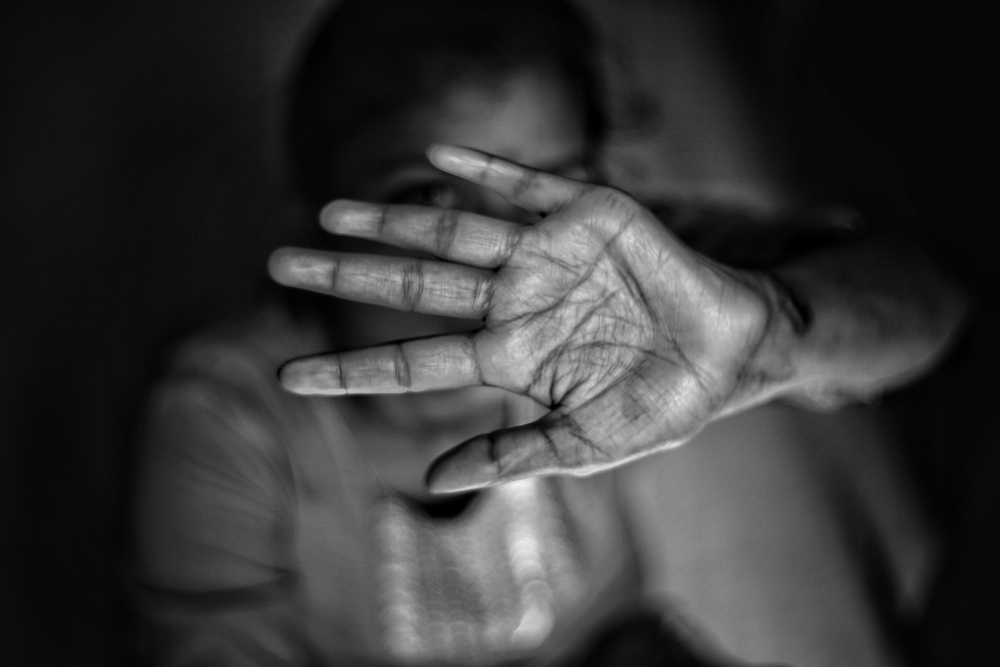Many citizens of New India are particularly fond of talking about the glories of Indian civilization. And yet, the hallmark of a civilized society is its freedom from superstition and regressive practices. This principle seems to have eluded India, if the figures revealed in the Assam assembly about the number of deaths in ‘witch-hunt’ incidents in the state over the past eight years are considered. The parliamentary affairs minister, Chandra Mohan Patowary, told the state assembly that 107 people were killed as part of ‘witch hunts’ in Assam since 2011; of these, 23 deaths occurred on the watch of the Bharatiya Janata Party-led state government. Such killings are not uncommon in Jharkhand, Chhattisgarh, Odisha and some other states. The truth is that the markers of modernity — literacy, equality and rights — are not universal. This is not surprising, given that India itself is, at present, undergoing a complicated process of transition, one in which rapid development and technological advancement are not matched by a similar pace of progress in terms of education and broadening societal mindsets.
Modern sensibilities cannot take root in a nation that allows regressive beliefs to thrive. More important, such an environment allows those with vested interests to take advantage of the ignorance and superstitious fears of ordinary people to further their own ends. Women, especially, become victims of targeted violence under the guise of ‘witch hunts’. The figures speak for themselves. In spite of legislation against such crimes in states like Jharkhand and Assam — in fact, the Assam Witch Hunting (Prohibition, Prevention and Protection) Act, 2015 was notified only in October last year — data from the National Crime Records Bureau show that more than 2,500 women and men were chased, tortured and killed between 2000 and 2016. Unofficial figures are likely to be much higher. While this points to an overall inertia of the law enforcement machinery, at the root of the indifference lies a combination of worrying factors: a lack of education and awareness, but also an insidious use of regressive customs to accuse women of witchcraft in order to oust them from valuable land. Such extra-judicial violence is not unlike that perpetrated by kangaroo courts. With the law failing in spite of its existence, it becomes important to break the cycle of complicity in which the State and its institutions are tacitly involved. Until such accountability is ensured, the mere existence of laws will mean little.













